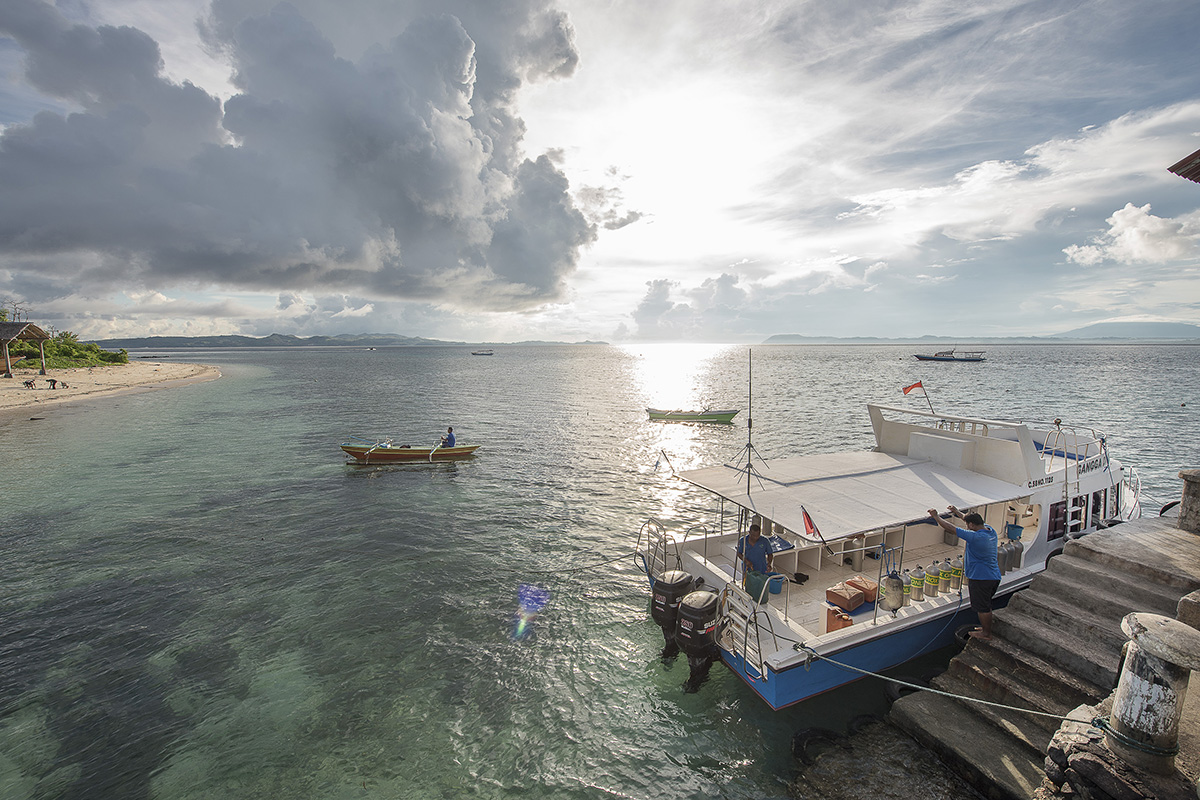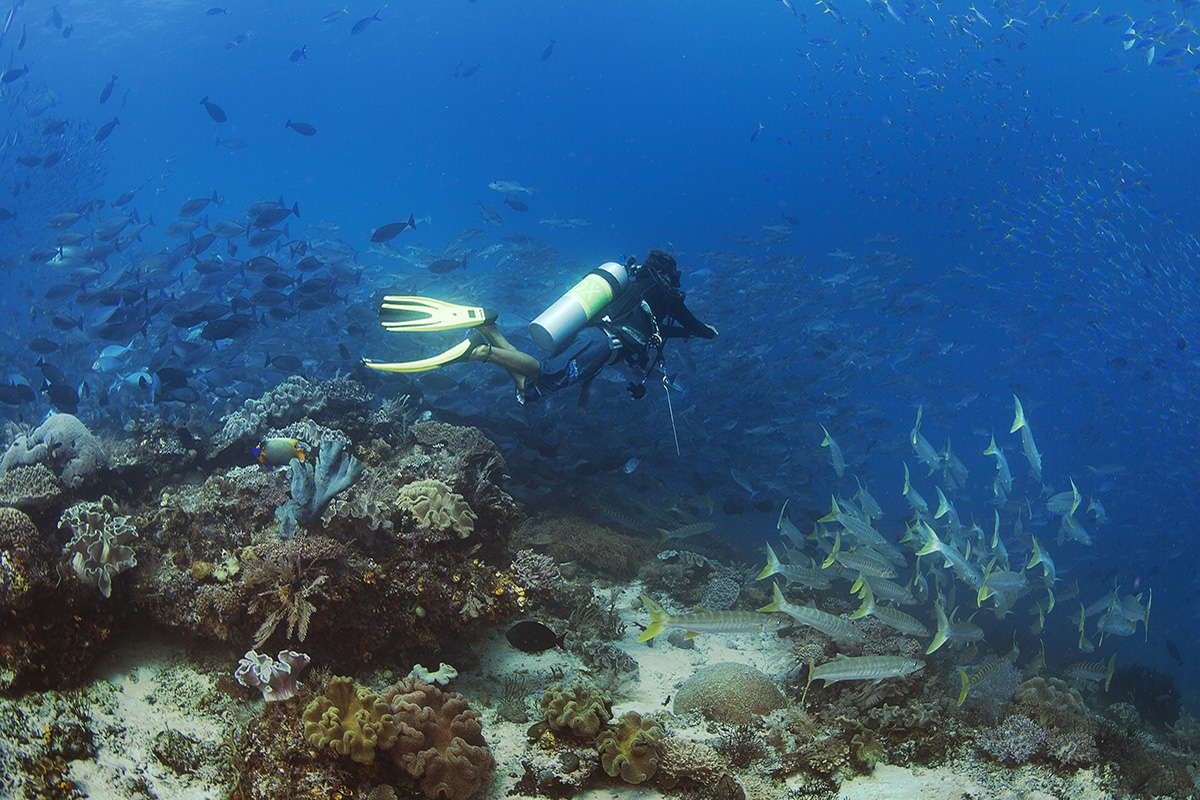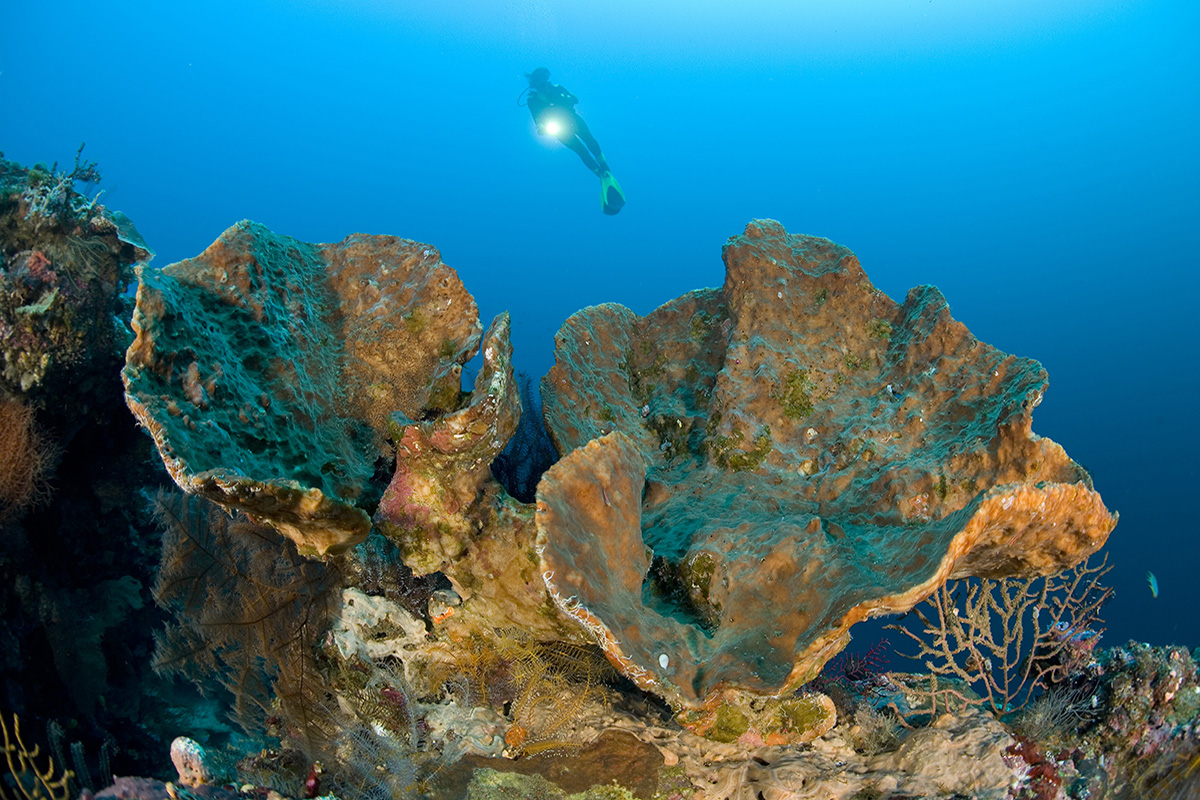Worried about Seasickness on a Dive Trip? Here’s How to Prevent It
For many people the draw of exploring the beauty of the underwater world is strong. Seeing marine life, vibrant coral reefs, and the feeling of weightlessness encourages people to scuba dive over and over. However, for some, the thought of sea sickness casts a shadow over their excitement. Thankfully, there are several effective ways to prevent seasickness so if you are one of these people, you can still enjoy diving trips.
What is seasickness?
Sea sickness is a type of motion sickness that occurs when there is a disconnect between what your eyes see and what your inner ear senses. This sensory dissonance can lead to symptoms such as nausea, dizziness, vomiting, and fatigue. While some individuals are more prone to seasickness than others, even seasoned divers can be affected, especially when faced with rough seas or unfamiliar diving conditions.
Preventative Measures
Here are some tips from the experts on avoiding seasickness.
1. Choose calmer areas: Opt for dive sites with calm waters whenever possible.. Locations with sheltered bays or reefs can offer more stable conditions, reducing the likelihood of experiencing motion sickness. The conditions in North Sulawesi are generally quite gentle, which makes it a great choice for those who suffer from seasickness.
2. Stay hydrated and avoid alcohol: Dehydration can exacerbate feelings of nausea and dizziness, so be sure to drink plenty of water before and during your dive trip. Avoid alcohol, as it can dehydrate you and increase susceptibility to sea sickness.
3. Get enough sleep: Fatigue can worsen motion sickness symptoms, so make sure you are well-rested before embarking on your dive adventure. Aim for a good night’s sleep and avoid strenuous activities the day before your trip.
4. Choose the Right Dive Boat: If you’re prone to motion sickness, opt for larger dive boats equipped with stabilizers. These vessels are designed to minimize rocking and rolling, providing a more comfortable ride for passengers. Gangga Divers’ boats are comfortable and built specifically for diving in the region.
5. Use Natural Remedies: Ginger has long been used as a natural remedy for motion sickness. Ginger tea, capsules, or ginger candies can all help to alleviate nausea and settle your stomach. Acupressure wristbands, which apply pressure to specific points on the wrist, are another natural option worth trying.
6. Focus on the Horizon: While you are on the boat, focus your gaze on the horizon to help recalibrate your senses and reduce feelings of queasiness. Avoid reading, staring at screens, or engaging in activities that require intense visual concentration.
7. Practice Breathing and Relaxation: Deep breathing exercises and relaxation techniques such as meditation or visualization can help calm your mind and body, reducing tension and relieving motion sickness symptoms.
Sea sickness doesn’t have to dampen your dive trip experience. By taking proactive measures you can minimize the risk of motion sickness and fully enjoy your diving. Do you have any more tips for readers that might get a little green when they are out on a boat? Leave them in the comments box below if you do!




